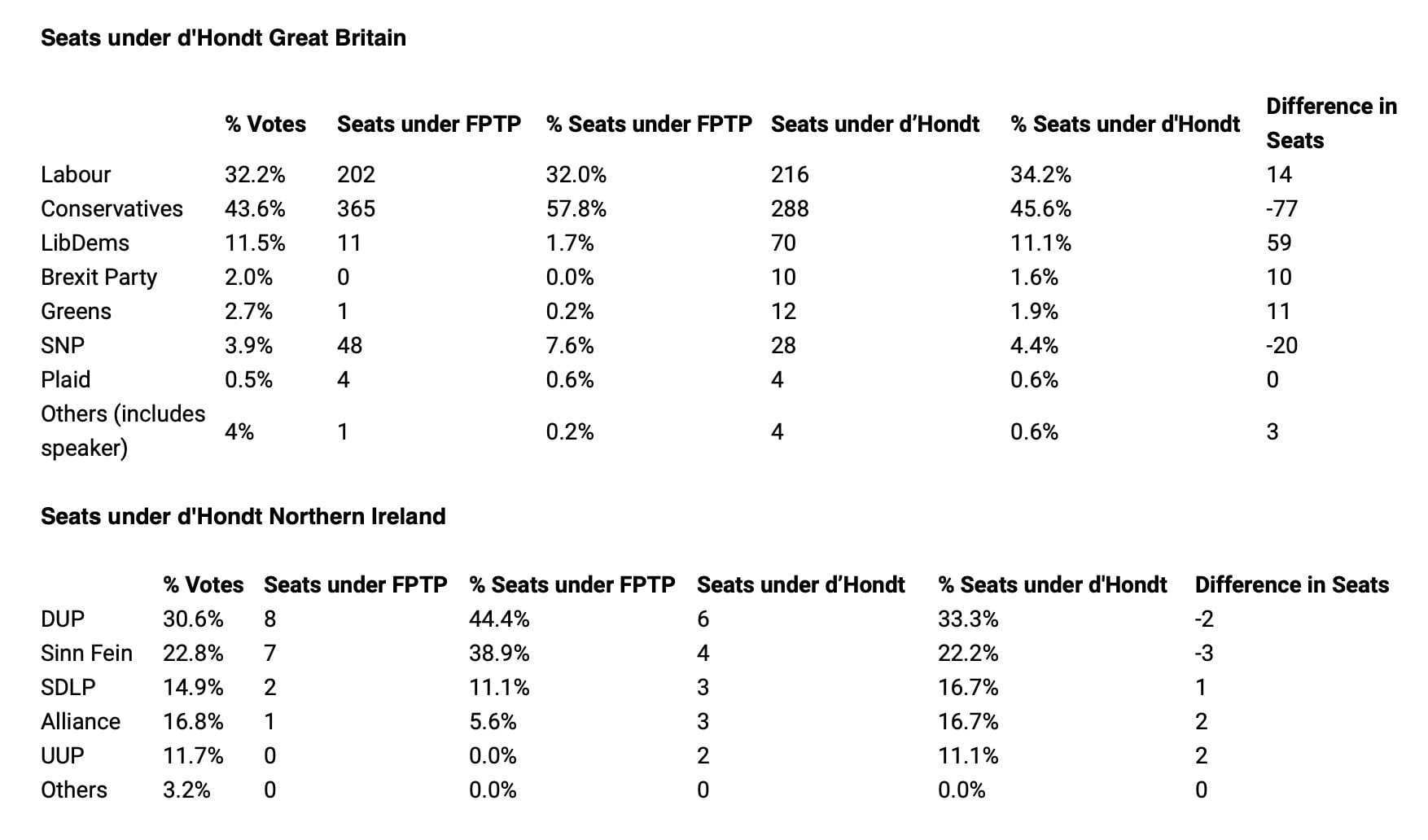Sue Pertwee-Tyr
Accuphase all the way down
Perhaps we're asking the wrong question. Rather than ask 'what's the best way to elect representatives to Parliament?' we should be asking 'Is Parliament the best way to run the country?'
There's at least a discussion to be had over whether we'd do better if we had big decisions of policy, etc, decided via the use of regional and local Citizens' Assemblies and Citizens' Juries, or similar, rather than by elected 'representatives' whose record of representing the interests of the people they represent is sketchy, at best.
There's at least a discussion to be had over whether we'd do better if we had big decisions of policy, etc, decided via the use of regional and local Citizens' Assemblies and Citizens' Juries, or similar, rather than by elected 'representatives' whose record of representing the interests of the people they represent is sketchy, at best.


